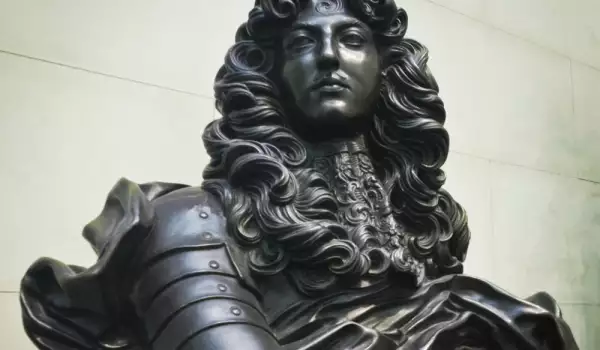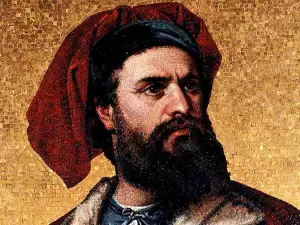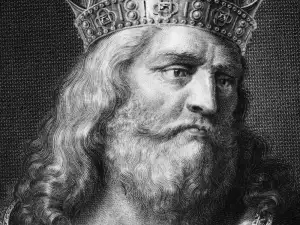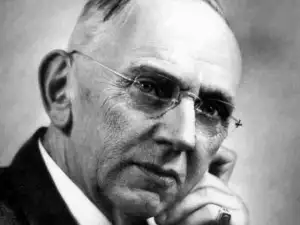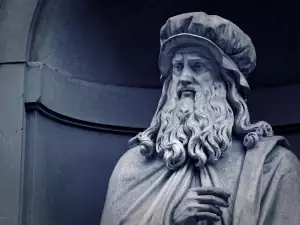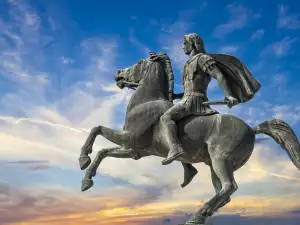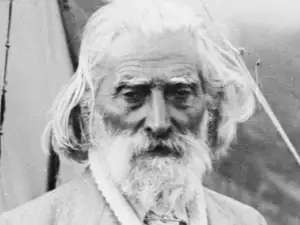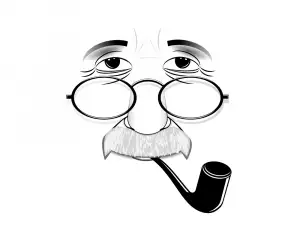According to Voltaire, there is a direct and strong connection between the economic progress of a country and the development of its culture.
The philosopher believes that the ruler can make right or wrong management decisions, but what is important is what he leaves behind culturally. And precisely because of the achievements in the cultural sphere, he puts the reign of Louis XIV on a par with ancient Greece, Rome and Renaissance Italy and defines it as one of the golden periods in human history, and not only of France. He believed that Europe owed Louis XIV for spirit and civility.
The Sun King is how this ruler is known and the mention of his name conjures up associations of opulence, debauchery and unbridled extravagance. However, there is another side to his reign, he made France the dominant power in Europe, turned the spirit of the Enlightenment into a leading one and surpassed other modern monarchies. His long reign is defined as an epoch, like the century of Louis XIV. What else distinguishes the most famous French monarch and what can be said about his reign?
Birth and descent of Louis XIV
On September 5, 1638, a son was born to King Louis XIII and his wife Anne of Austria and was named Louis Diodone, which means a gift from God, because he is the heir to the throne or, as it is called in France, the Dauphin. History remembers him as Louis XIV de Bourbon.
What can be said immediately about him is that he is the longest-reigning European monarch. The Sun King was on the French throne for 72 years. Still a minor, he succeeded his father after his death, but regents ruled until he came of age. These are his mother, Anne of Austria and Cardinal Mazarin. The cardinal managed to seize power and even when the young king came of age, he did not allow him to make decisions.
What he received as a legacy of the activities of his regents was the conclusion of the 30 years' war with a victory for France, from which the monarchy gained 2 territories ceded by Spain, as well as the hand of the Spanish princess Maria Theresa, which the French monarch obtained the right over the Spanish heritage with.
The other significant event of the early years of Louis XIV was the series of civil wars called the Fronde, which delayed his coronation for a period of 3 years.
The disappointments that he experienced during these events led to the formation of a conviction in the young heir to the throne that the rights given to him were directly from God and the principle of absolute monarchy became the guiding principle for his entire life.
An eloquent proof of his belief in absolute monarchy is the catchphrase: I am the state! Jacques-Antoine Delure claims that Louis XIV pronounced it in 1655. Then, during a session of the Parliament, the only 17-year-old future monarch, who appeared at the session in a hunting suit, interrupted the judge with this phrase, which subsequently became his business card for generations.

Building absolutism under the Sun King
In 1661 Cardinal Mazarini died and the young ruler began his personal reign. The first decision he makes is that he will not have a cardinal, but will rule alone. Learned from the experience with the Italian Mazarini, the king decided that high administrative and clerical positions should be less often given to foreigners.
Although he is not well educated enough for his position and although he is not fully prepared, the king firmly believes that his right to rule is divine and that he is God's vicegerent.
This vision of his finds expression in the strong centralization of power that the monarch exercises. Keeping all the provinces under control through his loyal intendants and removing the power of Parliament to challenge his decisions, Louis XIV succeeded in uniting the French and creating a unified French nation.
The tax reform, the military reform are also a time of consolidation and unification in the state and increasing the political role of France in world affairs.
At the same time, however, he also waged constant wars that required endless tax increases. The aggressive policy of the king is reflected worst in the province. The cancellation of the rules of tolerance towards other religions was also a wrong step, which resulted in a mass emigration of the Huguenots from France.
After all, Louis is called the Sun King. And this is due to many facts. One of them is that his diplomacy dominated all European monarchical dynasties. His army is best prepared and perfectly commanded. The French nation reached unprecedented heights under him with its achievements in the arts and sciences, in industry and above all with the flourishing of commerce.
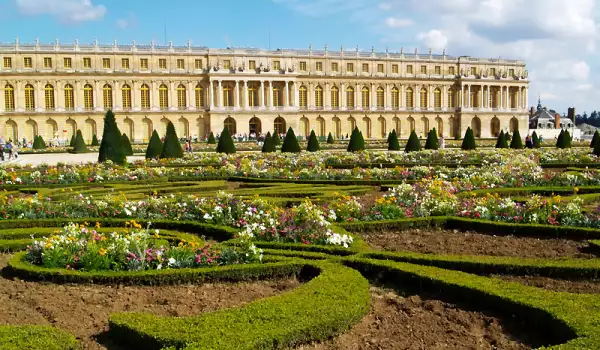
A golden age for France in all respects was this seventeenth century of the reign of the Sun King and the outward expression was life at the royal court.
Life at Versailles
The pursuit of glory and splendor and the memory of the Fronde prompted Louis XIV to move the capital. Worldly life moves 30 kilometers away south-west of Paris, in an area which was merely a forest.
The opulence that represented the new royal residence - Versailles became the envy of many rulers at the time. At the peak of the reign of the Sun King, this palace complex had 450 rooms that could accommodate 3, 000 people. It is the de facto center of all state life.
The nature of courtiers is changing. From cheerful companions of the ruler, they become a retinue with a strict code of conduct, where virtues such as education, good taste and social behavior prove important.
The Palace of Versailles is also a symbol of the love affairs of the king, of his many favorites, some of whom also play a role in political life with their influence on the ruler's decisions.
The Sun King introduces palace etiquette and strict orders. They become the norm in the closest circle of the ruler. Although it has no official power, the royal court becomes an important organ in the life of the state. It becomes the most stable state instrument, which absolutism exercises control over its subjects with.
The royal court played a positive role for France in the 16th and 17th centuries, but the extravagance that reached unprecedented proportions under the Sun King cost the royal institution too much in the future. The French Revolution put an end to absolutism.
Significance of the reign of Louis XIV
Louis XIV remained active until his last days. Even at the end of his Golden Age. The sense of the sunset of absolutism is already felt, but the Sun King continues to maintain a high level of palace etiquette and preserves the outwardly glamorous appearance of the French monarchy.
Only 4 days before his 77th birthday, Louis XIV died in 1715. His place was taken by Louis XV. All his children from his marriage to Maria Theresa died before the king. Only his son Louis, called the great Dauphin lived to adulthood and died 4 years before the king. He leaves 3 sons. The eldest of them, Louis, died only a year after his father and so his second son became Louis XV. He is the grandson of the Sun King.
The reign of Louis XIV passes under the sign of the Enlightenment, in which the flourishing of fundamental science and arts and the progress of the human spirit are the leading position, and this is precisely the reason for the Golden Age of Louis XVI.
